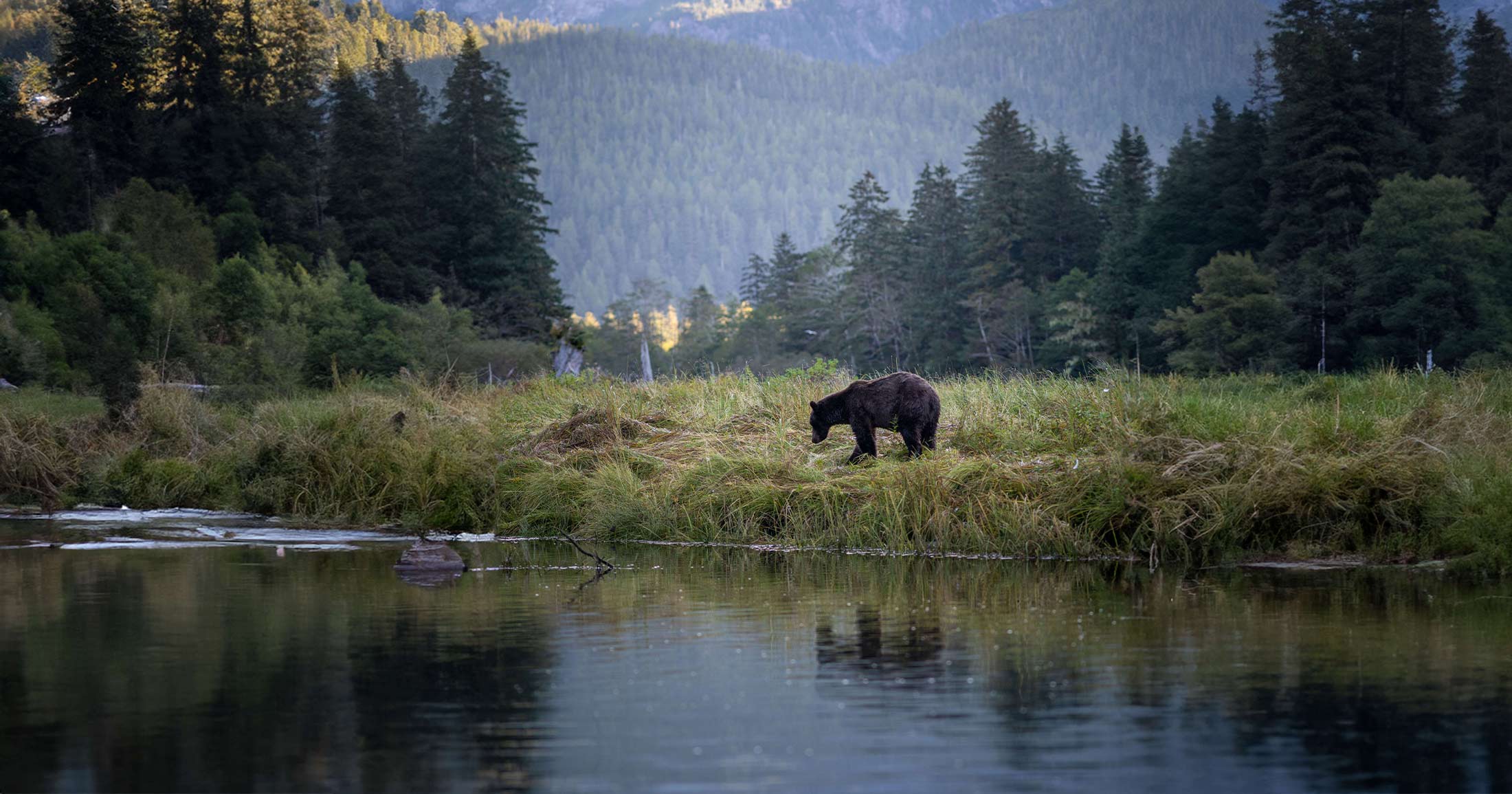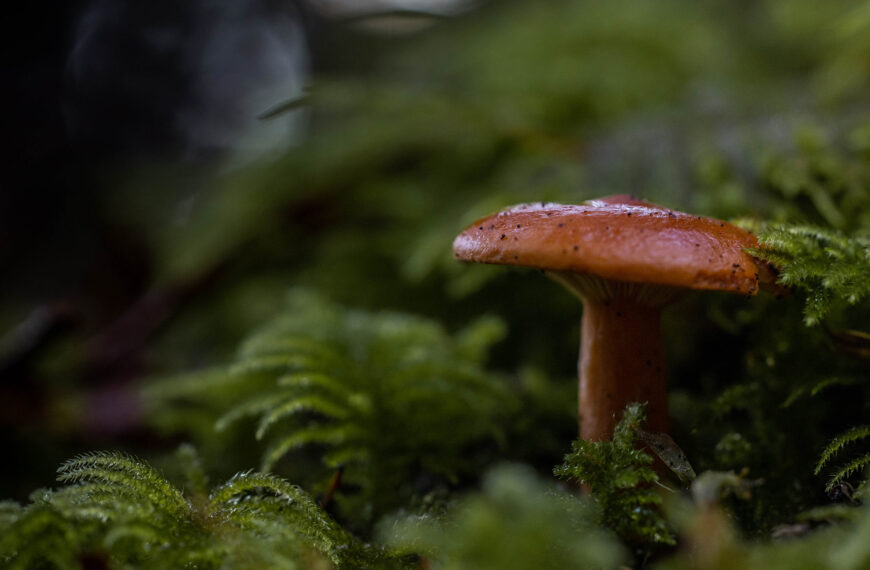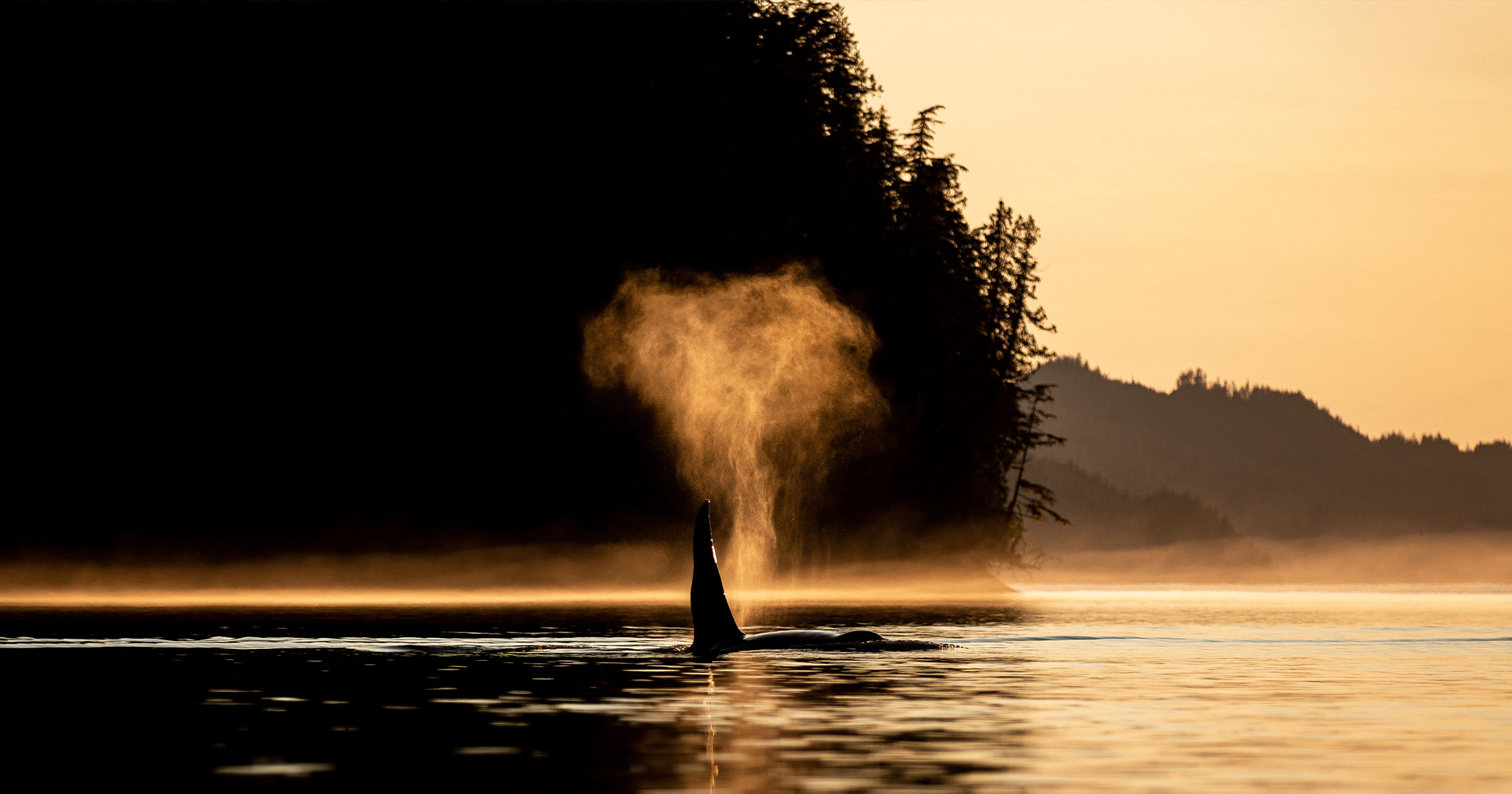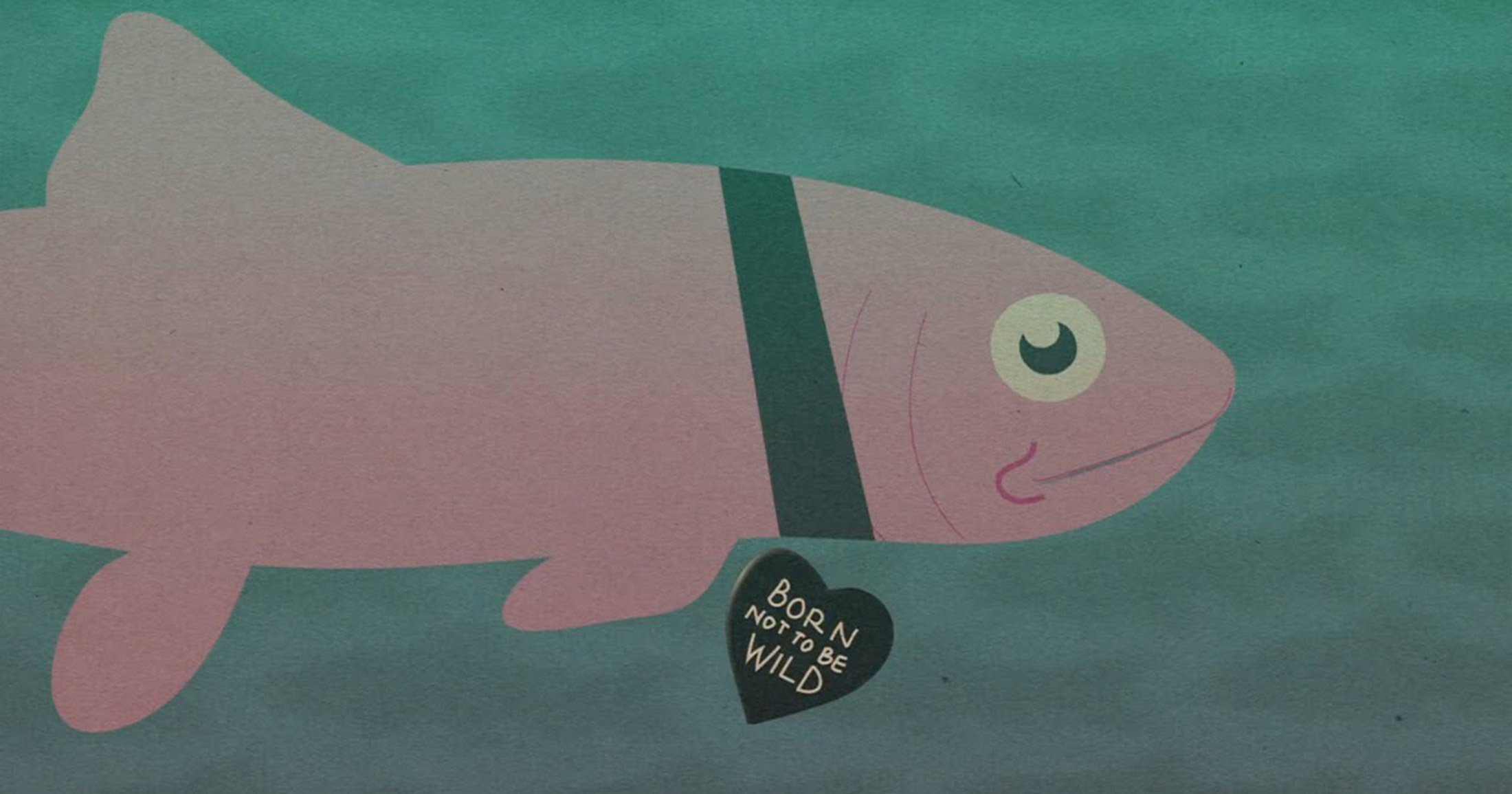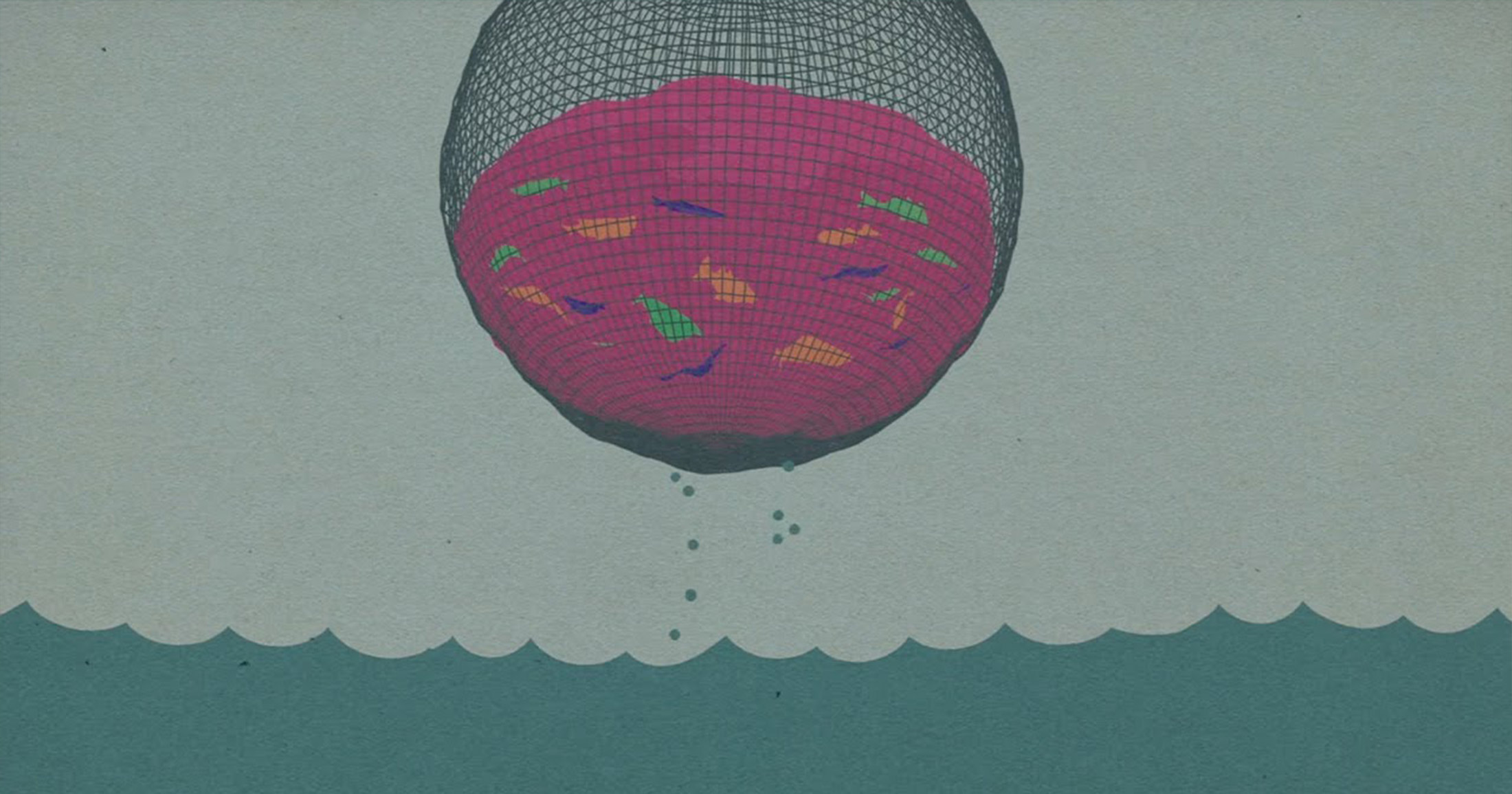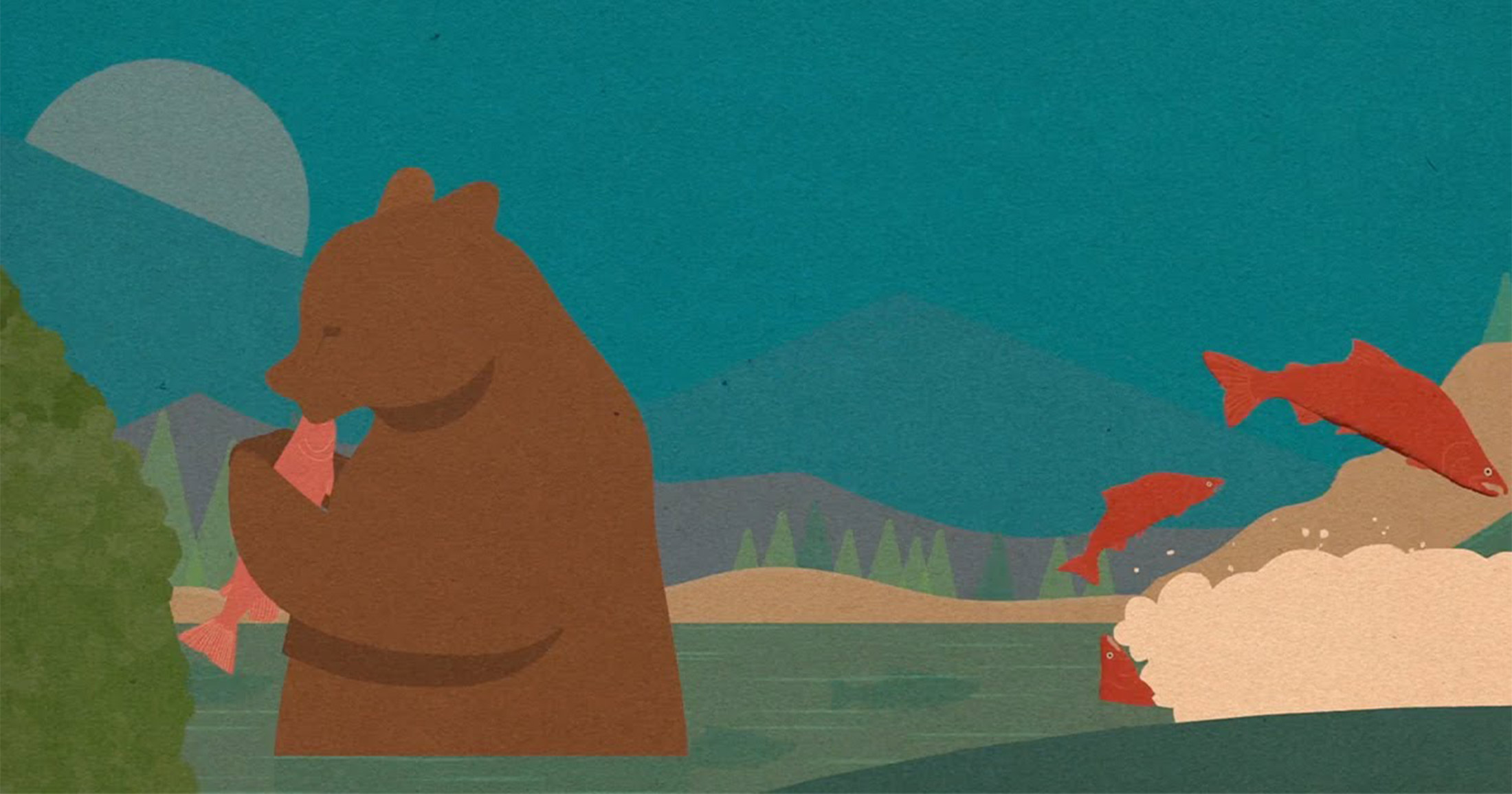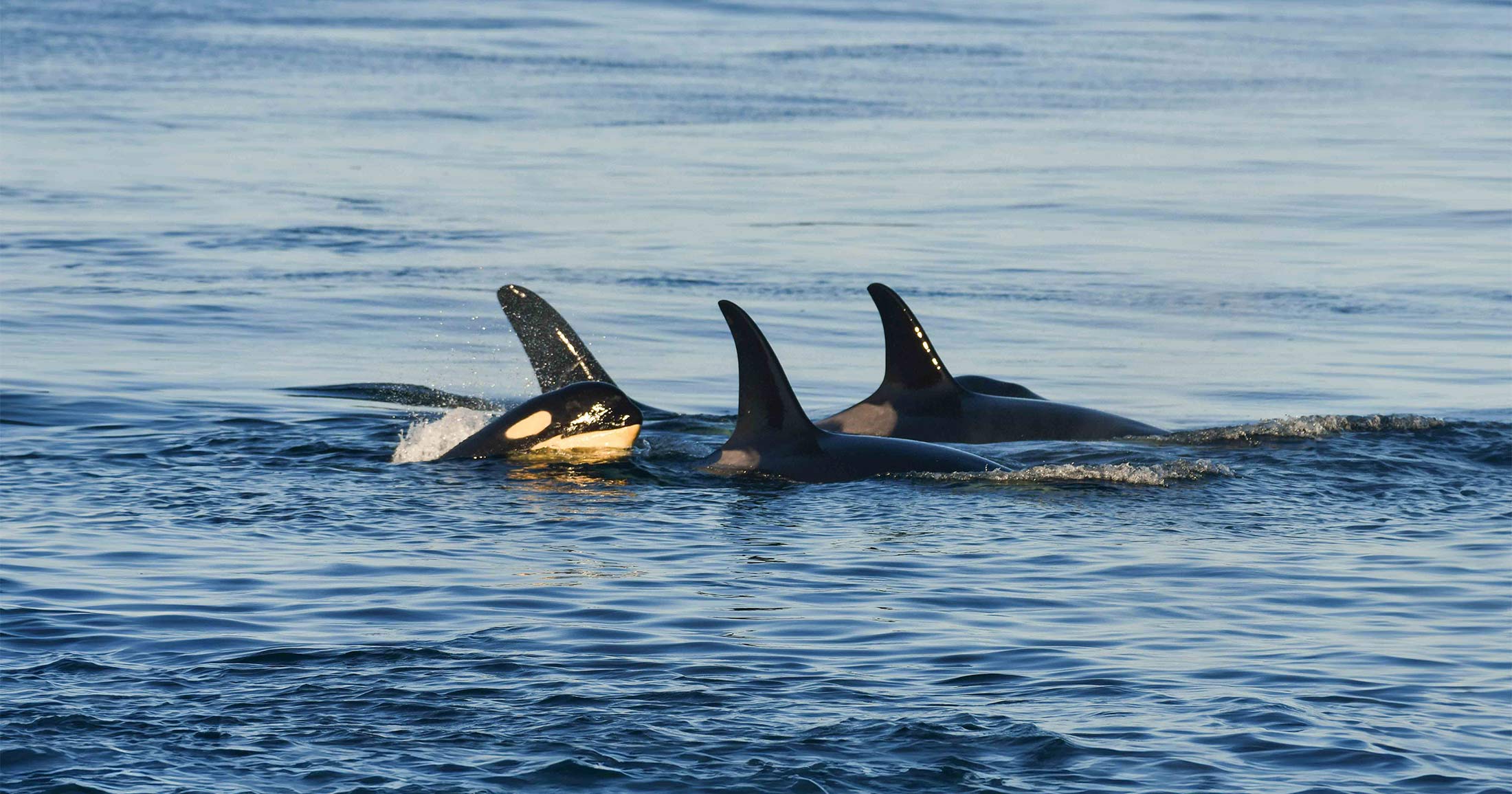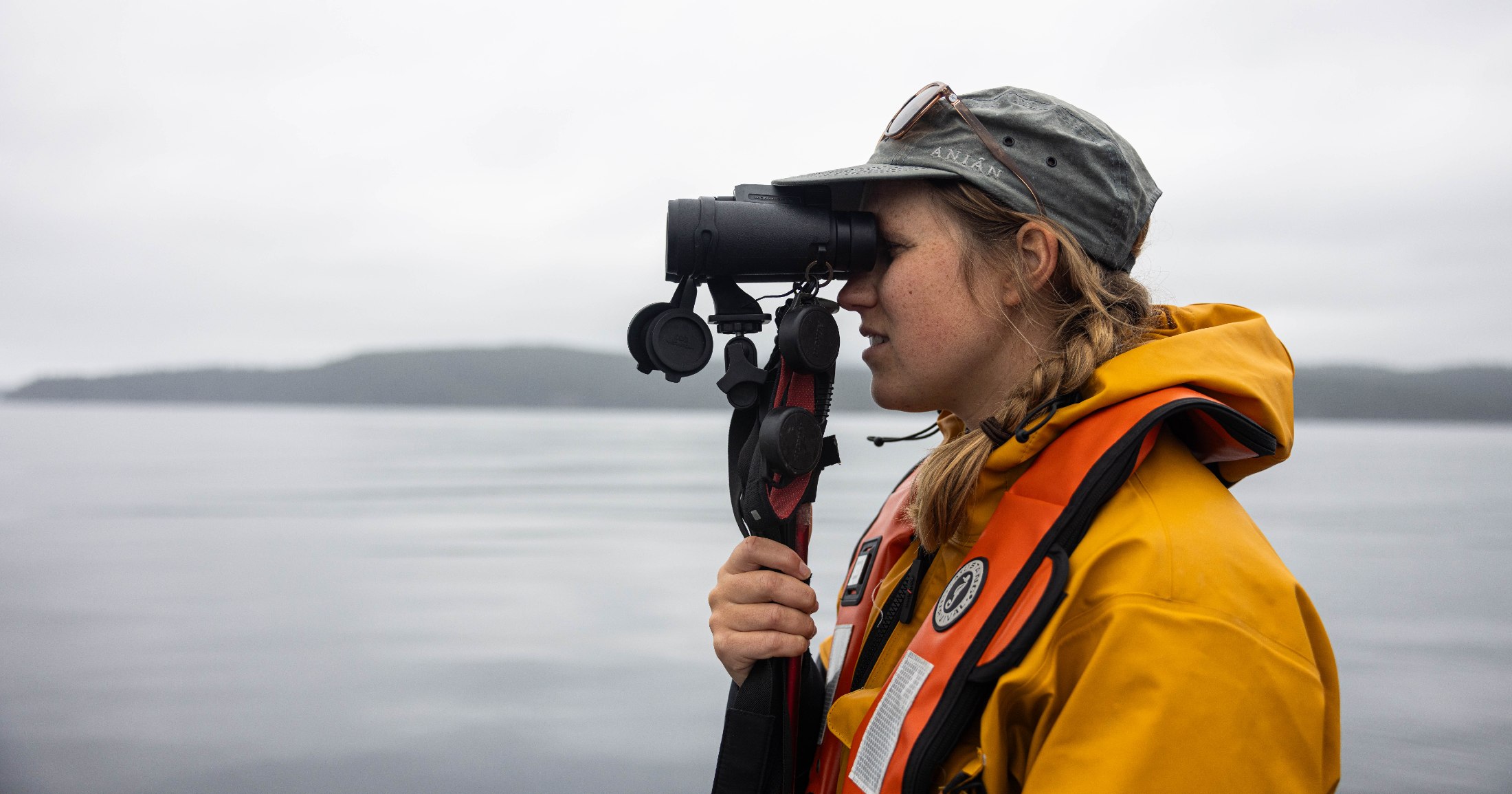Interview: Southern Resident killer whales, fisheries, whale watching and the need for enforcement
Adam Stirling, CFAX 1070, and Raincoast’s Misty MacDuffee, Biologist and Wild Salmon Program Director, discuss the new recommendations for an emergency order to protect the Southern Resident killer whales.
Last week, Raincoast Conservation Foundation and the David Suzuki Foundation made a joint call for action to save the Southern Resident killer whales. This call for action was made to the new Minister of Fisheries and Oceans Jonathan Wilkinson to immediately close recreational and commercial marine Chinook fisheries, to suspend all commercial and recreational whale watching targeting the Southern Residents, and to actively enforce these measures.
Adam Stirling, from CFAX 1070, had Raincoast’s Misty MacDuffee on to speak about this revised call for an emergency order, and the crisis that the Southern Resident killer whales are in due to depleted wild Chinook salmon populations, vessel noise and disturbance in the Salish Sea, and other contributing factors.
Take a listen.
Related articles
- Fisheries closures needed for killer whales
- Backgrounder: Emergency order under the Species at Risk Act
- Take action: Emergency closures needed now
- Feds’ fisheries announcement a welcome first step: groups renew call for killer whale emergency order
- A killer whale emergency
- Groups urge federal government to protect Southern Resident killer whales with emergency order

Support our mobile lab, Tracker!
Our new mobile lab will enable the Healthy Waters Program to deliver capacity, learning, and training to watershed-based communities. We need your support to convert the vehicle and equip it with lab instrumentation. This will allow us to deliver insight into pollutants of concern in local watersheds, and contribute to solution-oriented practices that protect and restore fish habitat.



